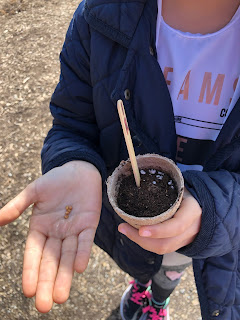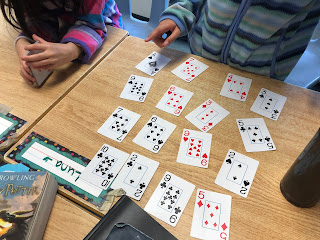I would like to thank all of you for your support with your child! We had an amazing time, and I enjoyed every single moment that we had together! Thank you!!
Summer is a great opportunity for your family to take a walk or cycle in
your neighbourhood. It helps you and
your family to get to know your neighbours, explore what’s in your
neighbourhood, as well as teach your children the rules of the road and how to
practice safe road skills.
This summer take some time to go over
safe road skills with your children and remember to also practice them with
your children. Here are a few skills to go over:
Walking
- Stay on the sidewalk. If there is no sidewalk, walk facing
traffic, on the shoulder far from the road.
- Watch for cars backing out of driveways.
- Stop, Look and Listen before crossing the road.
- Look both ways when crossing the street and use crosswalks where
possible.
- Stand back on the sidewalk until you are ready to cross.
- Don’t use electronic devices while walking (phones, ipads, games,
headphones).
- Obey crossing guards and signs posted.
- Be visible, be alert, be aware of your surroundings.
Cycling
- Wear a properly fitted helmet. Every cyclist under 18 years of
age must wear a bike helmet.
- Air Brakes Chain – Check your bike tires,
brakes and chain before you start riding.
- Ensure your bike has a working bell, white light or reflector at
the front, and a red light or reflector at the back.
- Cross at crosswalks, if there is one. Walk beside your bike when
crossing the road.
- Watch for cars backing out of driveways and turning at intersections.
When possible, walk or cycle as a family
to the park, local swimming pool or store. Remember to stay hydrated by
drinking plenty of water and practice sun safety – wear a bucket hat, cover up,
wear sunglasses, use sunscreen and stay in the shade when possible.
Below is an activity you can try over the
summer to prepare for the 2019-2020 school year.
Have a safe, active and happy summer!




























